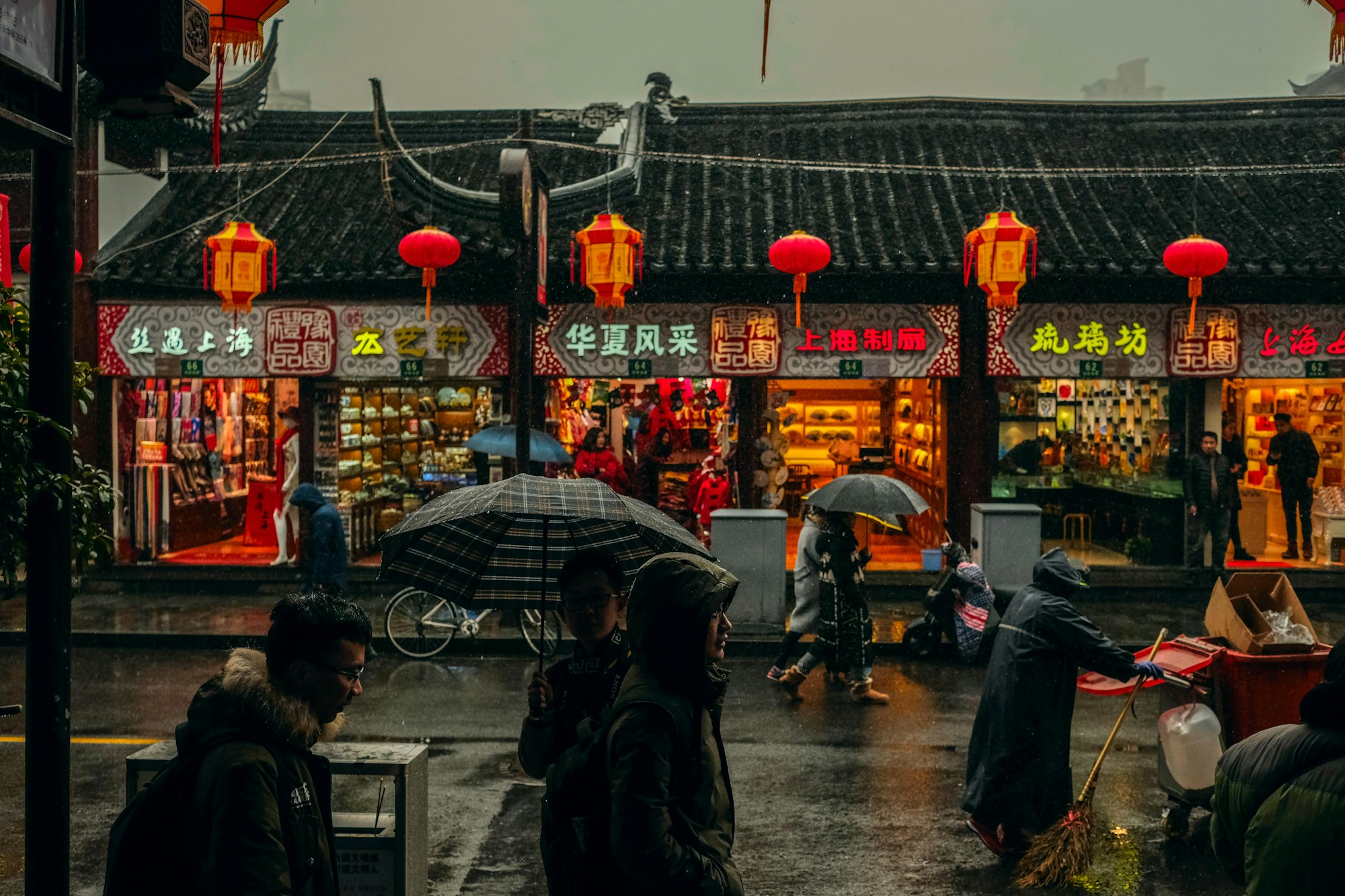Consumer Spending Is Still Below 2019's Levels
Analysts have observed that China's consumer spending is still not rebounding as rapidly as it did before the pandemic. State media reports from the Ministry of Commerce reveal that retail sales during the holiday period from September 29 to October 5 increased by 9% compared to the previous year, excluding October 6, which was the final day of the Golden Week holiday.
- Although this marked a slight improvement from August, a long-term analysis of retail sales data suggests an annual growth of less than 3% since the beginning of the pandemic, according to Christine Peng, the Head of Greater China's consumer sector at UBS.
- Official figures indicate that China's retail sales contracted by 0.2% in 2022, a stark contrast to the 8% growth recorded in 2019. UBS anticipates that consumption growth may reach 5% to 6% by the end of 2024.
However, Peng highlighted that retail sales are unlikely to return to the 9% levels seen in the near future due to low consumer confidence. She also cited the impact of a property market downturn, since a substantial portion of household wealth is tied up in real estate, as well as reduced government spending linked to local debt issues. Moreover, consumers remain uncertain about their future income due to government regulatory measures.
Tourism And Luxury Is Also Slow
During the recent long Chinese Golden Week holiday, domestic tourism rebounded to levels close to those before the pandemic, although overseas travel had not fully recovered to 2019 levels. Economic uncertainty played a significant role in the preference of Chinese residents to travel domestically, especially among affluent consumers.
- Hainan, known for its duty-free shopping malls and natural beauty, witnessed a 15% increase in tourist visits during the latest holiday, compared to the peak year of 2021.
- China has been actively promoting Hainan as a duty-free shopping hub in recent years, as prior to the pandemic, many Chinese travelers had been heading to Europe and other destinations to purchase luxury goods.
- According to HSBC, Chinese luxury spending in September reached approximately 80% of 2019 levels, up from the 70% to 75% recovery seen in August, based on Global Blue's duty-free shopping data.
- While luxury spending by Chinese consumers in the Asia-Pacific region has already returned to 2019 levels, continental Europe lags behind, with spending at only about half of pre-pandemic levels.
In contrast, tourists from the U.S. and the Middle East are spending about 250% more on luxury goods in Europe compared to pre-pandemic levels.
Cautious Recovery
Consumer spending in China has lagged behind the overall economic growth since the onset of the pandemic in early 2020. Although the country eased its strict Covid-19 restrictions in late 2022, the initial economic recovery has been hampered by a decline in the real estate market and a drop in exports. Nevertheless, various sectors of the Chinese economy are now showing signs of improved growth.
- Peng mentioned that some casual dining restaurant chains have reported same-store sales recovering to 90% of 2019 levels, which marks a significant improvement from the summer when they were at 70% to 80% of 2019 levels.
- Retailers selling toys and groceries have also seen sales per store rebound to 90% of 2019 levels, while sportswear brands have recorded sales growth of about 20% to 30% compared to the previous year's holiday season.
However, sales of appliances and furniture, as well as premium products like baijiu, have seen more modest recoveries. Peng concluded that while consumer spending has bounced back in certain categories, those linked to corporate spending have not returned to pre-Covid 2019 levels.
Disclaimer
Please note that Benchmark does not produce investment advice in any form. Our articles are not research reports and are not intended to serve as the basis for any investment decision. All investments involve risk and the past performance of a security or financial product does not guarantee future returns. Investors have to conduct their own research before conducting any transaction. There is always the risk of losing parts or all of your money when you invest in securities or other financial products.
Credits
Photo by Nuno Alberto / Unsplash






